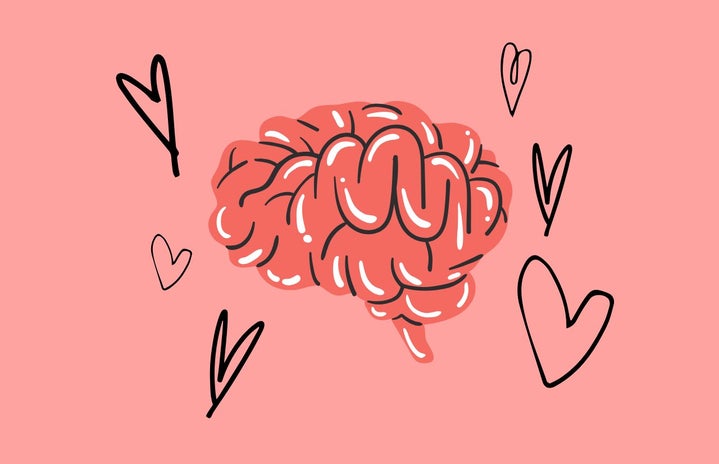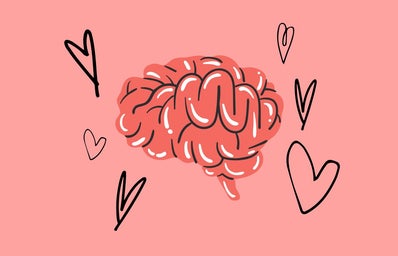For the longest time I thought that there were two categories of emotions: the good and the bad. The good emotions (happiness, joy, excitement, peace, etc.) were to be sought after, and the bad emotions (sadness, fear, anger, stress, etc.) were to be avoided at all costs. But thanks to a TedTalk by Dr. Joan Rosenberg I have begun the work of seeing these “bad” emotions in a new light. Emotions such as sadness or stress may be unpleasant to experience in the moment, and cause uncomfortable sensations in the body, but they are so beneficial for us to experience in the long run.
Unpleasant emotions are crucial for better understanding what is important to us and what areas of our lives need attention or healing. For example, the grief I feel in relation to my grandmother’s death brings to my attention that family is a very important aspect of my life and reminds me to make family a priority. The anxiety I feel about starting a new job tells me that I need to work on improving my self-esteem and my flexibility with change and new experiences.
When faced with an unpleasant emotion the most common method of dealing with the discomfort is a distraction. For me, this looks like anything from going on social media to going shopping, baking, cleaning, listening to a podcast, etc. Although it is important to know what kinds of distractions make yourself feel better when you’re feeling low, they should be used as a reaction to emotion only after you’ve taken the time to understand and address that emotion. By choosing the method of distraction you might find yourself releasing your emotions in an unhealthy way or pinning the way you feel on something else. For example, if you are feeling angry about your boss not respecting your ideas, but refuse to truly acknowledge the issue and come up with ways to remedy the issue, you might release that anger by lashing out at a friend. By using the method of distraction, you lose out on being able to better understand yourself and risk making your situation even worse.
A more effective way to deal with an unpleasant emotion would be to pause and acknowledge it. Take some time to understand why you are feeling the way you do, and how you can address the root problem causing this feeling. There are many ways to honor and acknowledge your unpleasant emotions.
-
Journaling: Write about how you feel and why you think you feel that way. You don’t have to be positive about what the reason is, just start brainstorming and see what comes up.
-
Talking to someone (or yourself): Talk out loud about how you feel and why you think you feel that way. Do not talk through your unpleasant emotions with someone that you think might be causing those unpleasant emotions. Wait to talk to that person about it until after you have identified what exactly the emotions are and what the reasoning behind them is.
-
Doing nothing: Sit somewhere private and give your brain some time to truly feel the emotions and see what thoughts arise.
-
Meditate: Similar to doing nothing, this is another way to remove all distractions and give your brain space to truly feel the emotions and explore why they are there.
Although in the moment it might feel better to run away from the unpleasant emotions rather than face them, you will feel better in the long run if you face the emotion and deal with it head-on. The reward is great.
Disclaimer: If your unpleasant feelings are accompanied by thoughts of suicide or self-harm this advice does not necessarily apply. Please always do what is safest for you and consult a professional for advice on how to deal with such situations.
TedTalk: https://youtu.be/EKy19WzkPxE


